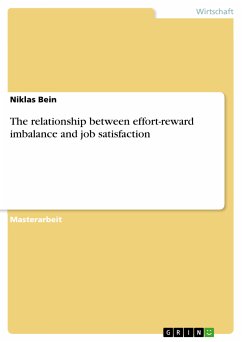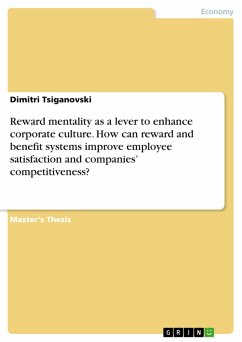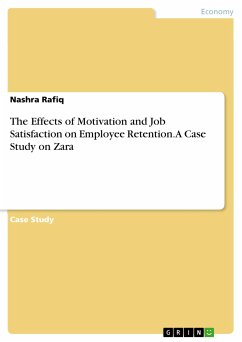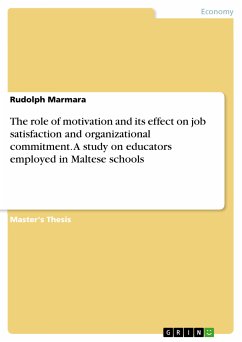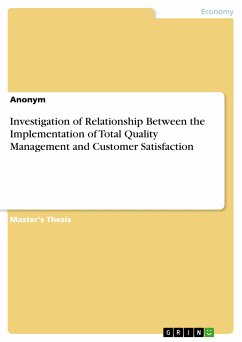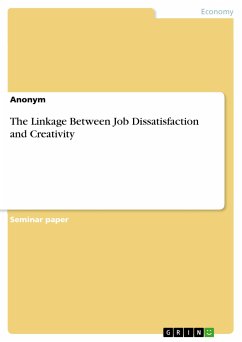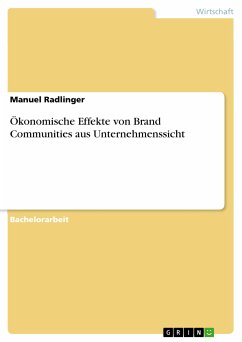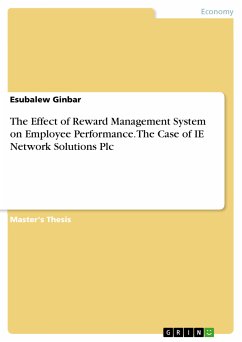Masterarbeit aus dem Jahr 2016 im Fachbereich BWL - Unternehmensführung, Management, Organisation, Note: 1,0, Universität zu Köln (Faculty of Economic and Social Sciences), Veranstaltung: Master thesis in Personnel Economics and HRM, Sprache: Deutsch, Abstract: The specific goal of this work is to provide empirical evidence on the relationship between effort-reward imbalance and job satisfaction. This work will determine whether the absolute value of the balance between efforts and rewards is of relevance. The research question is addressed in the following structure. The author presents the theoretical foundations of job satisfaction and the effort reward imbalance model complemented with a literature review on existent empirical literature on the interplay of ERI and employees' well-being. Afterwards the data set, the operationalisation of the variables and the statistical methods will be described. The following chapter presents descriptive statistical data and analyses the results of the applied regression models. Next the findings of this thesis on the background of existing literature will be discussed. Then the findings will be critically appraised and the author points out implications for practice and further research before the last chapter concludes. The construct of job satisfaction has been in focus of many scholars during the last century. The topic has gained attention from many different disciplines, such as applied psychology, econometrics and the business field. Locke approached job satisfaction with affect theory stating that it results from congruence of the expectations to a job and the fulfilment of these expectations. The present work aims to incorporate different streams by applying the effort-reward imbalance (ERI) model. This model is based on the transactional stress model. It explains employees' well-being as a result of a balance between invested effort and received rewards plus a psychological dimension called overcommitment (OVC).
Dieser Download kann aus rechtlichen Gründen nur mit Rechnungsadresse in A, B, BG, CY, CZ, D, DK, EW, E, FIN, F, GR, HR, H, IRL, I, LT, L, LR, M, NL, PL, P, R, S, SLO, SK ausgeliefert werden.

